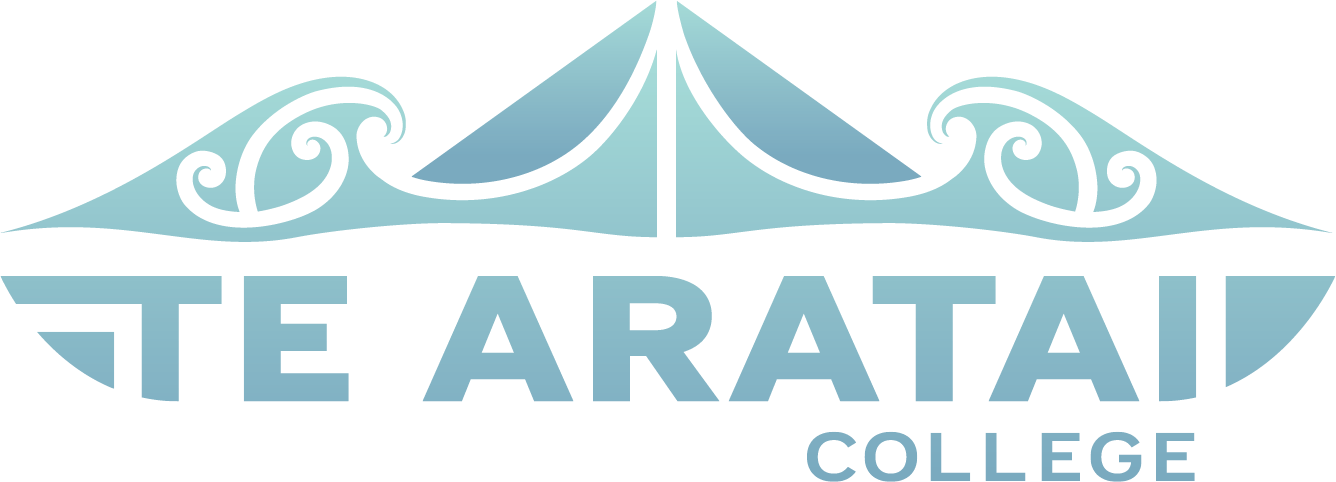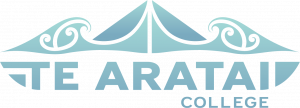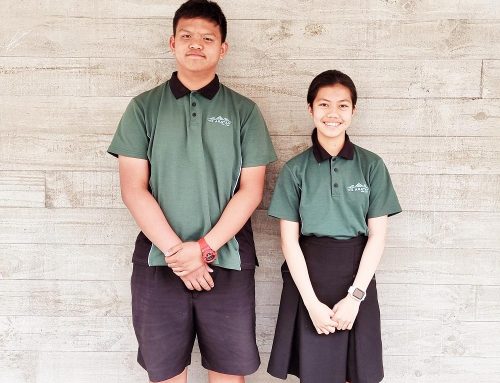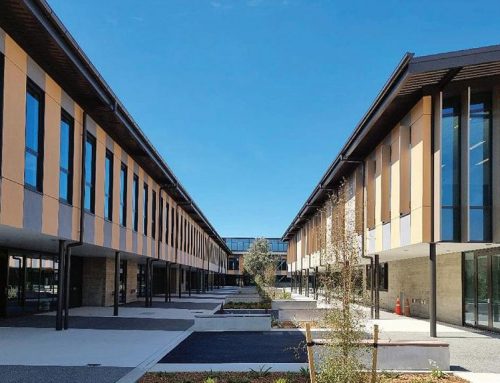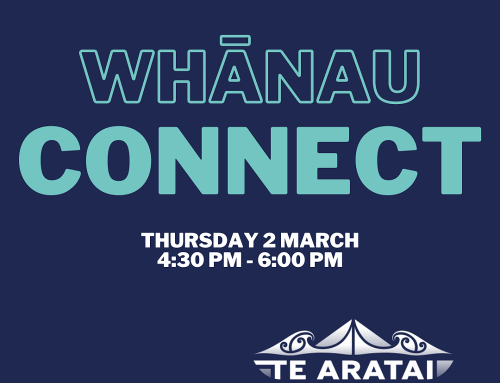7 points of community information
A variety of community points for our information.
Kia ora koutou. Talofa. Kia Orana. Malo e lelei. Bula. Fakaalofa atu. Namaste and Kumusta. Greetings to everyone at Te Aratai College and our wider Te Aratai community.
- Grease
- Kimihia Parents’ College and Kimihia Early-Learning Centre
- Processes for NCEA learning progress
- Focus on classroom learning: being in class on time
- Toilet protocols
- Consultation process for appointment of new principal
- Matariki
1. Grease
Like many of us – 100s and 100s of us in fact – I was delighted to go to Grease and see our students performing with such energy and expertise.
As we can imagine to put on such a high-class production takes many hours and many people. Our students got that and immediately after their own completely-deserved standing ovation and applause, senior cast members called the four main staff on stage to mihi-honour the staff hours – weeks and months in fact – of dedication.
I add my heart-felt thanks too to Ms Sam Boyce Da-Cruz, director; Mr Ben Russell, musical director; Mr Feleti Pesefea, vocal director; Ms Heather McLean, choreographer; and the many, many other staff who were involved: site design, construction, make up, costuming, front of house….
2. Kimihia Parents’ College and Kimihia Early Learning Centre
We are delighted that Kimihia Parents’ College is now open on our Aldwins Rd site, and the finishing points to the Kimihia Early Learning Centre are occurring and they will be open on site soon. These are the buildings called Te Mātātupu (the first growth, the first shoot) at the front of the school, Harrow St side.
KPC and KELC have been on a site on Ferry Rd opposite Woolston Park since 2007. Long term Te Aratai-Linwood people remember this as the Lower Fields, now Te Oranga Waikura, a CCC nature reserve.
We are delighted to have our KPC students and staff at Aldwins Rd and we look forward to KELC joining us soon.
3. Processes for NCEA learning progress
We are all aware that in the recent past years, for a variety of reasons, there has been considerable disruption to students’ regular learning patterns. This year the disruption has unfortunately continued so it is vital that our attention on student wellbeing and success, and within that learning progress for all students, is a prime focus.
We have been reviewing our systems for monitoring NCEA progress. Kaiārahi (form teacher) monitor the individual NCEA students in their ako class and the senior house deans collate this separate ako-level information for a house overview. Likewise individual teachers track progress for each student in their class and Head of Learning Areas collate this class-data for a course, year level and subject-wide perspective.
4. Focus on classroom learning: in class, on time
This is not the first time I have written about this and connects to the importance of establishing positive learning patterns to counterbalance any potential disruptions out of our control. It is about one of our uara-values: Rangatiratanga – self-determination and self-management.
In short, that while we all recognise that real life happens sometimes – eg younger siblings being maddeningly slow in the morning – we have some students who are:
- wandering the school without proper reason
- being late for class without proper reason
This means we have staff spending time and energy following up with these students who missed learning-content unnecessarily. Essentially this is teacher time and energy diverted from the students who are in class on time which is why I am raising this in an whole-community communication. It’s about fairness; wandering and lateness affects us all.
Therefore, as when I wrote on this before, the message from me is that students are either well enough to be at school and manage themselves appropriately – be the best person that they can be – or they are not well enough to be school and should be at home.
5. Toilet protocols
This feels distinctly unusual, and a little weird, to be having to write about this but it is necessary so I am. It is linked to the section above: in class, on time.
We have some students going into toilet cubicles together. While I have spoken to two students who did this because one was supporting another who was genuinely upset, usually the reasons are not pro-social. Vaping is the most common reason.
I ask all parents and caregivers to speak to their children about this. This is because, while each case will always be individually considered, I am stating that students in toilets together is to be treated as serious misconduct and there will be correspondingly high-level responses.
Rangatiratanga – self-determination and self-management.
Speaking with my principal-colleagues this is a problem occurring in many other schools too. I don’t know whether this makes me feel happier or not. I suspect not.
6. Consultation process for appointment of new principal
A central part of the appointment process is the Board’s role. The Board has already been elected by the community so has both the mandate and responsibility to represent the community. Therefore we are very fortunate that our Board is highly able and skilled in school-governance. They will lead us well through this process.
The Board is:
- Jo Bethell
- Wayne Derham, Deputy Presiding Member
- Isla (Elia) Gendig
- Finlay Laird, Presiding Member
- Desting Martin, student trustee
- Tulu Ngauamo
- Paul O’Connor, staff trustee
- Maxine Williams
Loren Williams, one of our staff at reception, is the Board secretary. As principal I am also on the Board. However once the appointment-process is set and communicated, I will be withdrawing from further appointment involvement as I “belong to yesterday” on this. This extends to that I will not know who the applicants are.
Terri Johnstone, Catalyst for Change, is the consultant the Board has engaged to partner with them in this process. As I have previously said Terri was the consultant the Board used when I was appointed and has considerable experience and expertise in principal appointments.
The Board and Terri have already had contact with Ngāi Tūāhuriri for their partnership to establish the process.
All whānau will be offered opportunity to have their say in what sort of person they want their new principal to be, what qualities they want he or she to have. This opportunity will be through online surveys and face to face hui. Correctly reflecting the national educational priorities, there is specific attention to gathering the voices from our Māori whānau, Pacific aiga and whānau with students with specific needs.
Likewise all our students will be invited to express their views, with a corresponding attention to ensuring our Māori, Pacific and specific needs ākonga-students are heard.
Mā pango, mā whero, ka oti ai te mahi: By black and red together the work is done. It is about the importance of collaboration and partnership.
The timeline and process for the consultation will come out this week.
7. Matariki
How fitting that in the season of Matariki we have had such a successful run of performances for Grease, another page in our kura’s strong performing arts heritage, and this term, as we participate in our community consultation for the new principal, we reflect on where our school has come from, where we are now, and what we wish to focus on for the future.
Titiro whakamuri, kia anga whakamua: Look to the past in order to move forward.
Got a question?
We all know that schools can be complicated places so there are many staff available to assist if whānau have a particular question. Contacting me can also be arranged through the office or my direct email is en@linwoodcollege.school.nz
My door is open.
Ngā mihi nui.
Richard Edmundson
Tumuaki-Principal
